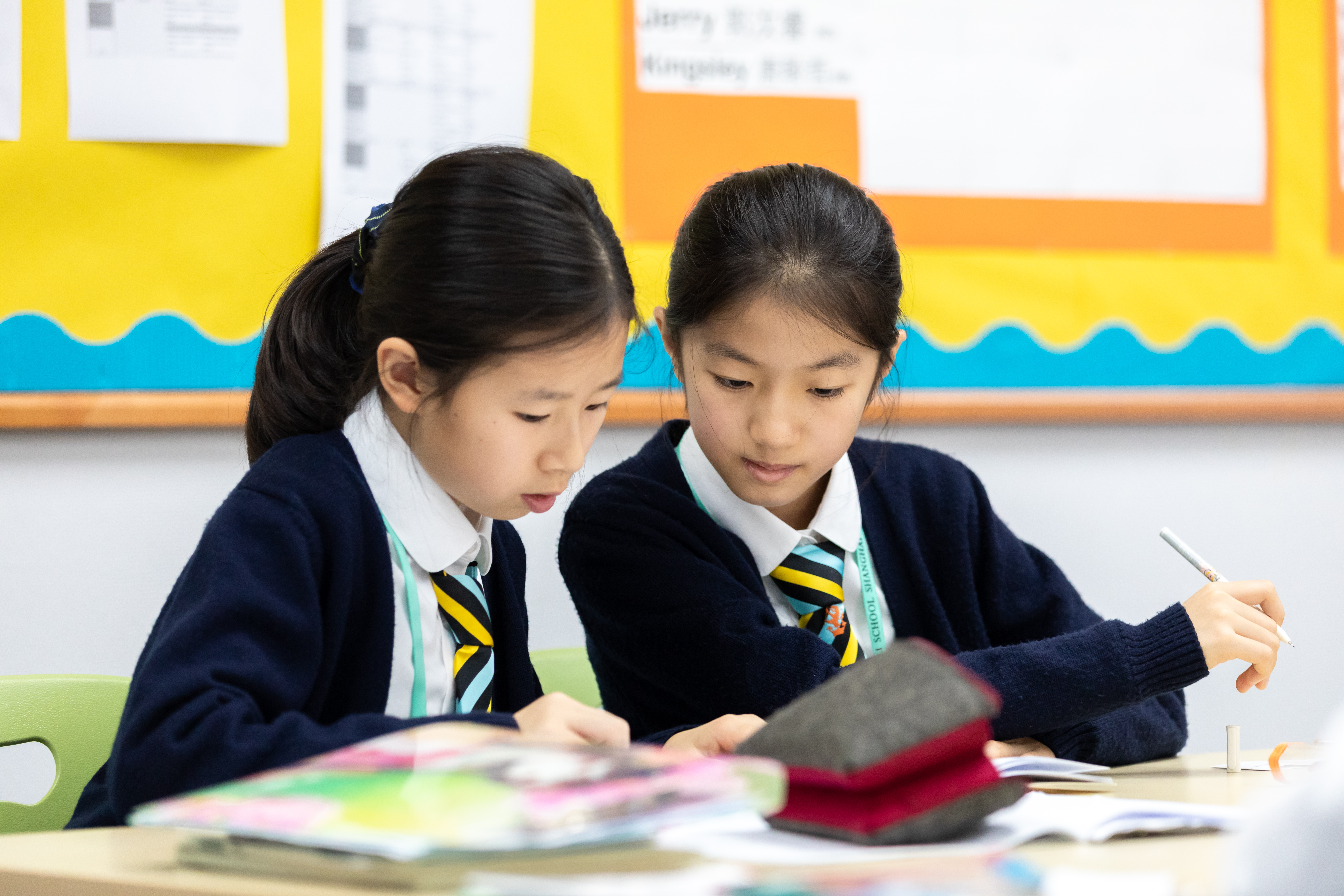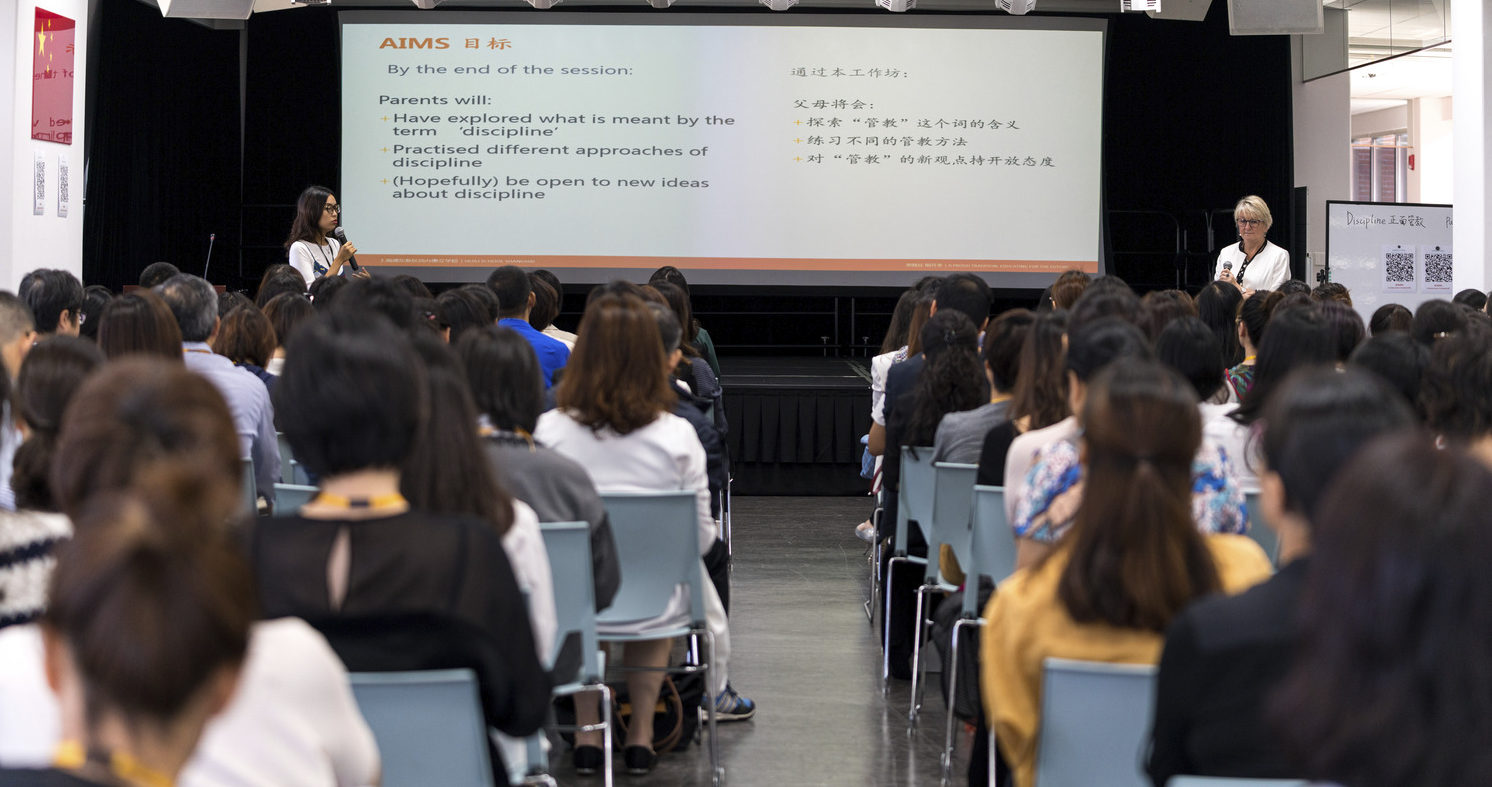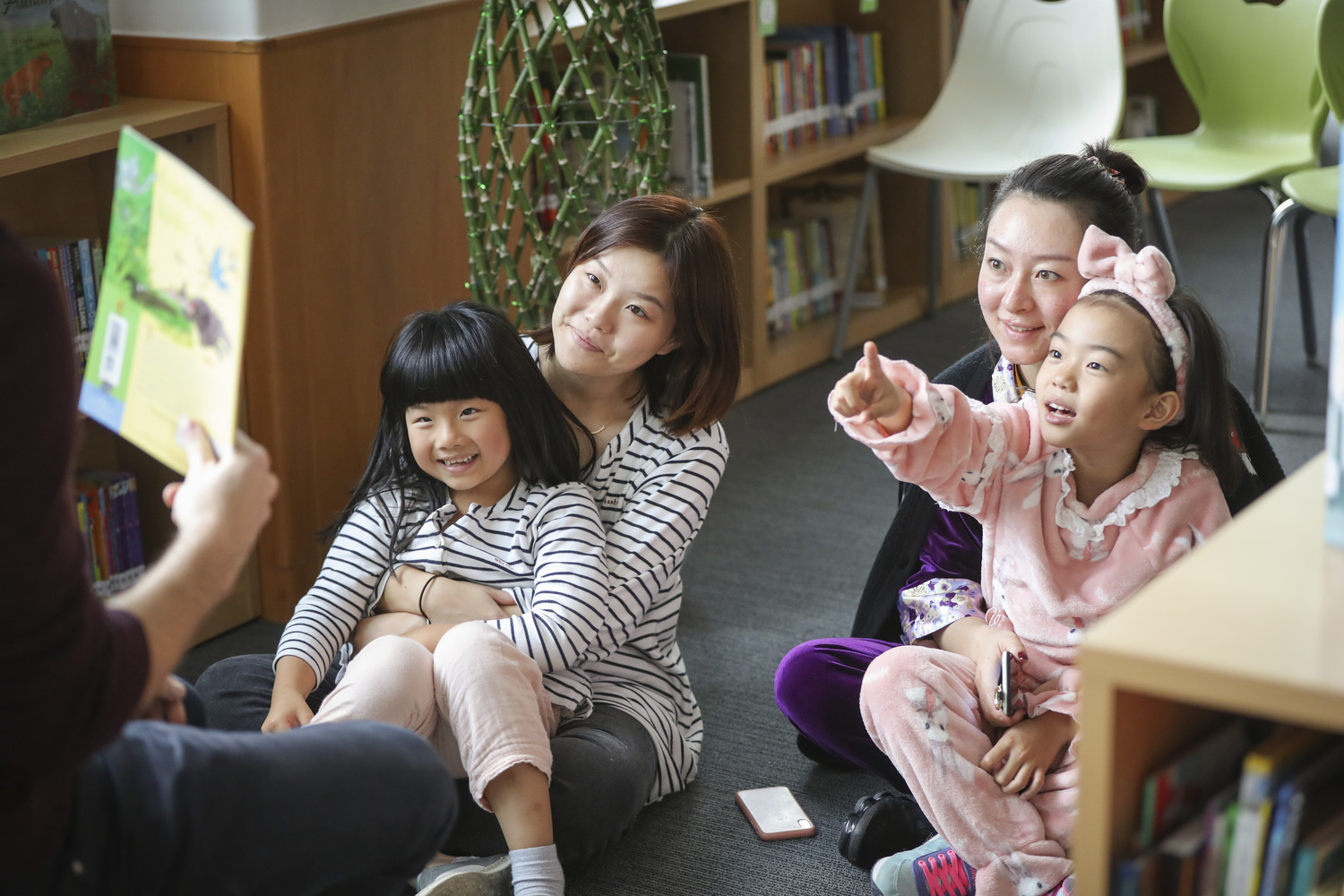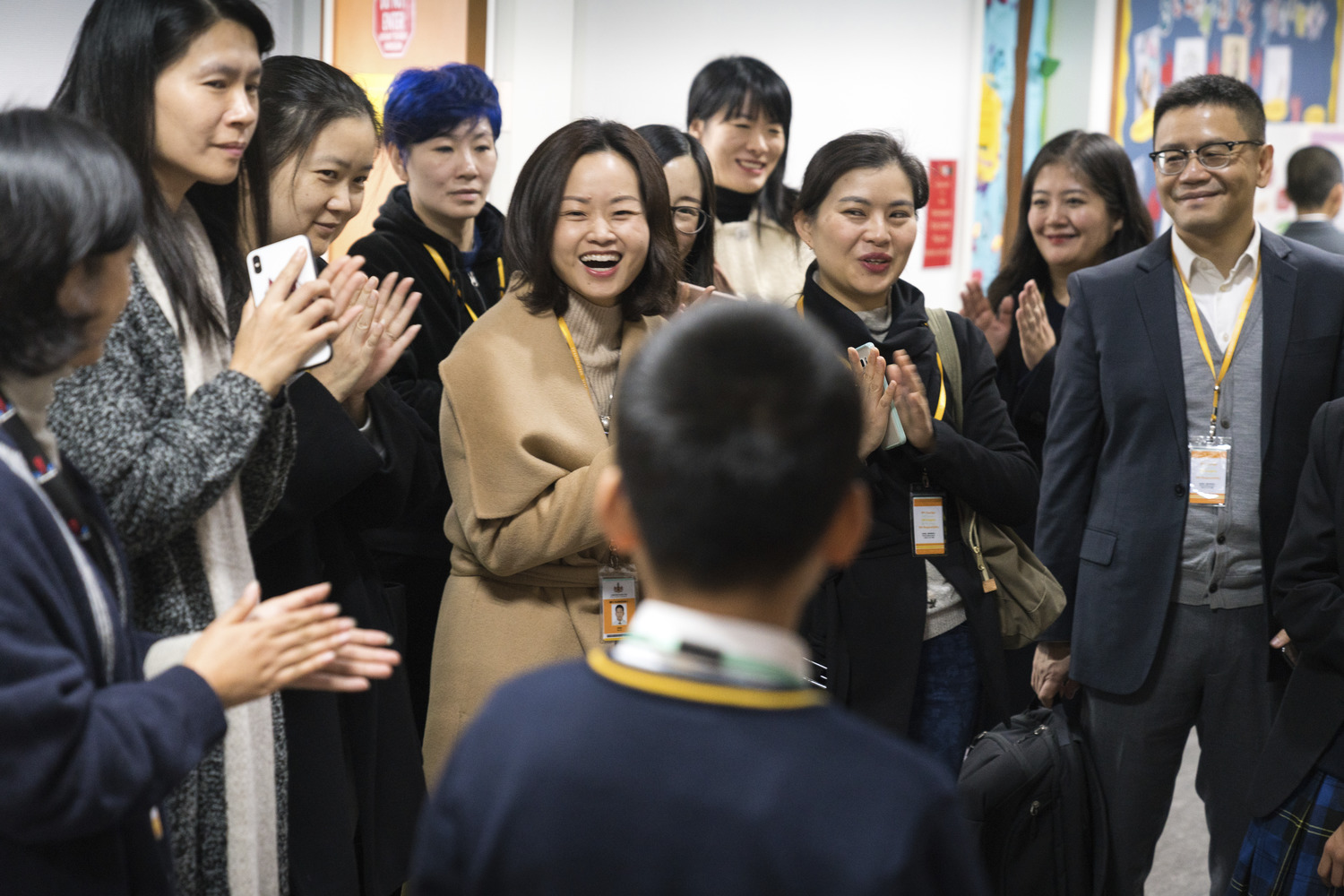
Being a parent is a role for which most of us were never interviewed, never trained and one for which we are (almost) never formally appraised whilst in post; it is a lifetime commitment and the rewards are sometimes difficult to appreciate, especially when your children are under 21!
I have heard parenting described as, “… trying to stand up in a hammock and not spill your lemonade”.
Which perfectly describes juggling the different tasks we are required to carry out simultaneously and seemingly effortlessly. Of course, we know that being a good (or even good enough) parent takes time, exceptional effort, a sense of humour, resilience and, above all, optimism.
Almost every conversation at parent meetings starts with, “So, how is my child doing at school?” Often, there is no answer which fully answers the question. If parents mean, “Does my child follow instructions; does my child listen to the teacher; does my child produce an acceptable standard of work?”, the answer is invariably yes. Most children will do as the teacher says and work hard in lessons. However, our aim for Hiba pupils goes far beyond working hard in class and following teachers’ instructions.
 Our pupils are more likely to become successful in their future lives if they are taught to think for themselves and make choices which are based on integrity and what is right in any given situation, without being told what to do.
This is an integral part of educating the whole child and is something that must also happen at home if our educational ethos is to be effective. Parents and teachers who align their approaches are more likely to promote ‘good’ behaviour choices in children at school and at home.
Our pupils are more likely to become successful in their future lives if they are taught to think for themselves and make choices which are based on integrity and what is right in any given situation, without being told what to do.
This is an integral part of educating the whole child and is something that must also happen at home if our educational ethos is to be effective. Parents and teachers who align their approaches are more likely to promote ‘good’ behaviour choices in children at school and at home.
 A number of factors contribute to a well-rounded child. It can be likened to a recipe, but we should also remember that we must be prepared to find what works best for our own family circumstances.
The following ‘ingredients’ contribute to helping children develop into well-behaved, responsible and caring young people.
Be parents who are good role models to their children. This is arguably the most important factor; children will learn from observation of your behaviour and how it makes them feel. Warmth, understanding and positivity towards your child are likely to be reflected in their behaviour towards others.
If your child sees good manners and compassion towards others in all social groups, they witness kindness and inclusivity. By learning how to recognise the needs of others, they will automatically desire to treat teachers and peers with respect at school.
A number of factors contribute to a well-rounded child. It can be likened to a recipe, but we should also remember that we must be prepared to find what works best for our own family circumstances.
The following ‘ingredients’ contribute to helping children develop into well-behaved, responsible and caring young people.
Be parents who are good role models to their children. This is arguably the most important factor; children will learn from observation of your behaviour and how it makes them feel. Warmth, understanding and positivity towards your child are likely to be reflected in their behaviour towards others.
If your child sees good manners and compassion towards others in all social groups, they witness kindness and inclusivity. By learning how to recognise the needs of others, they will automatically desire to treat teachers and peers with respect at school.
 By sitting down to eat a healthy meal with you, they will instinctively learn the importance of nutrition for their body and mind. Sharing a favourite book with your child at any time will yield long-term benefits, not only academically but also in terms of their attitude to the written word.
Enjoying a variety of activities with your child, such as walks, bicycle rides, playing board games or even watching movies together will help to make your child feel a sense of security.
Time spent together presents a wonderful opportunity to learn about each other through natural conversation. Children often ‘open up’ in such situations, so you are more likely to find out about any worries or difficulties they may be experiencing, without direct questioning.
When children encounter something new, they are often afraid to try because of fear of the unknown. Whether it is facing a fear of heights by tackling a treetop trail or petting a snake (which happen to be personal examples), you can demonstrate courage to overcome anxiety and (hopefully) share a sense of achievement and pride.
By sitting down to eat a healthy meal with you, they will instinctively learn the importance of nutrition for their body and mind. Sharing a favourite book with your child at any time will yield long-term benefits, not only academically but also in terms of their attitude to the written word.
Enjoying a variety of activities with your child, such as walks, bicycle rides, playing board games or even watching movies together will help to make your child feel a sense of security.
Time spent together presents a wonderful opportunity to learn about each other through natural conversation. Children often ‘open up’ in such situations, so you are more likely to find out about any worries or difficulties they may be experiencing, without direct questioning.
When children encounter something new, they are often afraid to try because of fear of the unknown. Whether it is facing a fear of heights by tackling a treetop trail or petting a snake (which happen to be personal examples), you can demonstrate courage to overcome anxiety and (hopefully) share a sense of achievement and pride.
 Praise your child whenever they attempt a new skill, regardless of whether they succeed at first. Effort and commitment are attributes which have positive benefits in every sphere of life.
Establishing routines and encouraging organisation can promote stability. When a child knows what to expect and what to do in certain situations, they can gradually develop self-reliance and independence. Occasionally, routines can be adjusted, so children learn to be adaptable.
It is always a good idea to set expectations for ‘must -do’ activities like homework before ‘would-like-to-do’ activities; in this way, we can help children to learn responsibility.
Remember that negotiation is a skill which has life-long applications, so be prepared to listen to a well-expressed argument and adjust the schedule occasionally.
Just as important is for children to understand that in certain circumstances, particularly where safety is concerned, ‘’no’’ means ‘’no’’!
Above all, we should acknowledge that, despite years of research and millions of words written on the subject, no one has yet identified the ‘perfect’ recipe for parenting.
The most that we can all hope to be is ‘good’ most of the time, ‘good enough’ when we face challenges, and that we always strive to do the best job possible. There is no more important job in the world.
Praise your child whenever they attempt a new skill, regardless of whether they succeed at first. Effort and commitment are attributes which have positive benefits in every sphere of life.
Establishing routines and encouraging organisation can promote stability. When a child knows what to expect and what to do in certain situations, they can gradually develop self-reliance and independence. Occasionally, routines can be adjusted, so children learn to be adaptable.
It is always a good idea to set expectations for ‘must -do’ activities like homework before ‘would-like-to-do’ activities; in this way, we can help children to learn responsibility.
Remember that negotiation is a skill which has life-long applications, so be prepared to listen to a well-expressed argument and adjust the schedule occasionally.
Just as important is for children to understand that in certain circumstances, particularly where safety is concerned, ‘’no’’ means ‘’no’’!
Above all, we should acknowledge that, despite years of research and millions of words written on the subject, no one has yet identified the ‘perfect’ recipe for parenting.
The most that we can all hope to be is ‘good’ most of the time, ‘good enough’ when we face challenges, and that we always strive to do the best job possible. There is no more important job in the world.